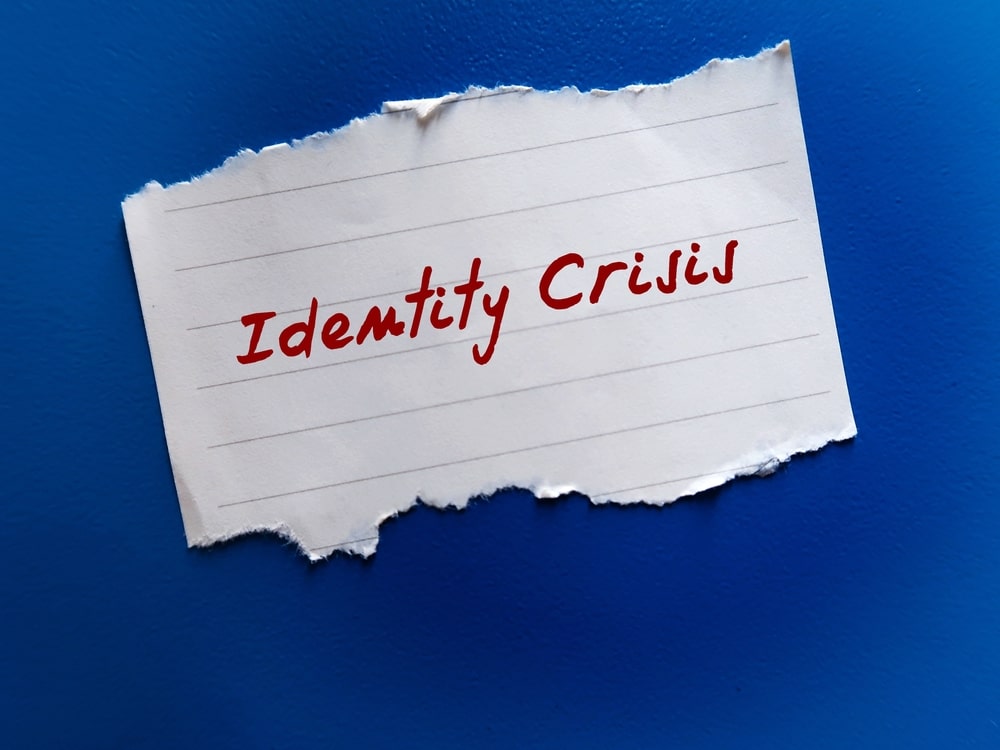Have you heard about identity loss before?
It can be hard to quantify how retirement can lead to identity loss. This is why we think it is best to think about it in more certain terms, and we found a great example that will help you better grasp how these changes can change your life forever.
Former president Ulysses S. Grant has talked at length about how stepping down from office affected him.
Going from being the president to being a somewhat normal citizen had been hard on the former president, and in a letter to a friend, he confessed he was trying to grapple with this reality and “get used to it.”.
As ordinary Joes, such a huge change is hard to envision, but even at smaller scales, everyday people also experience this. Be they normal changes like transitioning from childhood to adulthood or relationship changes, from single to married and eventually to widowed, identity changes are normal!
However, there are certain changes that put people in difficulty, and a lot of people who are close to retiring end up experiencing the brunt of identity loss.
Work, whether we like it or not, is a big part of our identity, and making the shift to being a retiree comes along with a lot of transitions.
Among them, many end up experiencing a deep sense of detachment from themselves, which is detached from any of their achievements and accumulated wealth. But why is that?
If you are ready to dive further into how identity loss manifests, what it is, why it is important, and a few ways through which you can stay grounded in your sense of self, keep on reading!
Have you or a loved one ever dealt with something like identity loss? Let us know about your experience in the comments below!

Why is it a problem?
Due to the strong attachment, many Americans have to their sense of self and the propensity we all have to associate ourselves with our profession, it is not surprising that identity loss can pose a huge problem in retirement.
And before you say that you are not that attached to your job or profession, think about how you introduce yourself when you do not know someone and you have to say a few things about yourself; you would say your name, maybe your age, and then what you do for work as the first things!
Everyone does that! This is exactly why adapting to retirement can come along with identity loss, and the issue is that most people end up ignoring it in favor of other problems that they may face come retirement, like financial issues, for example.
Identity loss can become a huge problem, and if it is not addressed, it can lead to even more serious mental health issues, such as depression, feeling hopeless, anxiety, and detachment from important people and things in your life.
Studies done over the years have shown that retirees who have been really connected and identified with their work roles are more likely to have mental health struggles in retirement.
What’s more, they have also revealed that having difficulties adjusting to retirement is also associated with not managing to establish or uphold effective goals and struggles regarding financial well-being.
Identity loss can be the trigger for a lot of unpleasant situations in retirement. The good news is that there are ways through which you can anticipate, mitigate, and even reverse such issues.
Keep on reading to discover the strategies that ensure rewarding retirements!

Never forget to be social.
Once you are retired, you are likely going to lose part of the connection you had with others as well as the main social component of your day-to-day: going to work ensured that you would be social, be it that you had a customer-related job or that you had to interact with your colleagues.
Losing this connection can lead to identity loss, so do not let this affect your sense of self! Make sure you give your time purpose and that you give yourself chances to keep as social and active as you can.
Some of the exercises specialists recommend include volunteering, adopting a pet, finding new and fun hobbies, and even focusing on your family or discovering your faith!
The point of these activities is to stay in touch with others, connect with a community, and discover your interests, which in turn can strengthen your self-identity.
You will be able to shift your sense of self inward and discover new things about yourself; you will even be able to lend your expertise to others, all while healthily redefining your identity.
Be active in pre-retirement.
Have you ever wondered how your life will look pre- and post-retirement?
If you know that you are focused on your job, which is an important element in your life, you can easily stay on top of things and mitigate identity loss! Some older adults end up working in retirement, be it on a part-time basis, offering consulting services, or even pursuing new careers!
This type of engagement in a meaningful way with your work, skills, and even the development of them can help seniors prevent the hopeless and aimless feeling that some associate with such a major life transition as retirement.
It comes as no surprise that many retirees choose to work longer than they would be required to. Most of them end up doing so because they want to, not because they need to, and they have reported through studies that it helps with their health (both mental and physical).
So look into it! If you like your workplace, discussing transitioning to a part-time position may be the best choice for you to ease your way into retirement!

Be sure you talk to people about your struggles.
Most retirees end up believing that they will have no issues with the transition. In reality, they may be really worried about how this will go, or they may not be aware of how hard identity loss is going to hit them.
This is why you should never hide your struggles, be they before, during, or after you transition to retirement!
Whether you confide in and connect with family members, support groups, or close friends, making sure you have a support network and people who understand and care about you is crucial.
If you have one, then you can easily share your struggles, issues, and problems and get guidance even when you’re feeling overwhelmed!
If these worries and your identity loss are severe, then getting help from a professional is the key!
A therapist can help you understand your thoughts regarding retirement, ease your worries, develop coping strategies, and make you aware of any beliefs and patterns you may need to adjust!
Do not think that what you are experiencing is singular! Many may struggle in the same way, since any change can prove to be difficult.
Yet, do not let retirement and identity loss become a huge issue in your life, as your golden years are an opportunity for fun, personal growth, and adventure, not a closed chapter.
Think about how you want retirement to look.
The bottom line is to know what you want out of retirement and how you are going to manage that! It may seem like it is ages away from where you are now, but there is nothing wrong with being a bit imaginative. Craft your story and see where it takes you!
Not letting “fate” decide how your retirement and identity are going to look is the best way to make sure you do not fall prey to identity loss.
Furthermore, researchers have discovered that those who have crafted their retirement identity had an easier time transitioning from working to retirement, and they could adjust easier to their new identities when compared to those who have not done these imaginative exercises!
Richard Bronson said it best: “Life is not a journey to retirement.”
So think about your new adventure and how you and your golden years will look, then strive to achieve those!
If you are wondering how important identity is and how you can find power in being secure in this aspect of yourself, we recommend you give this book a read: The Impact of Identity.
Identity loss is not the only problem you may have to deal with when you retire. There is a chance that you will have to manage depression, anxiety, and stress. If you want to find the best tips for managing these mental health struggles in retirement, check out this article!











Leave a Reply